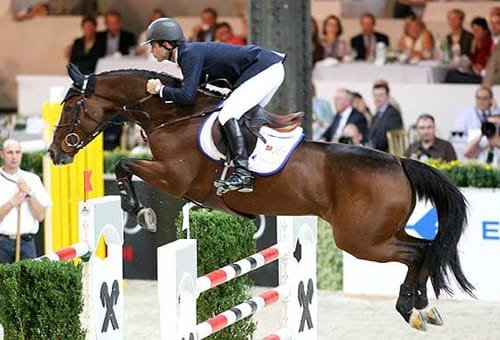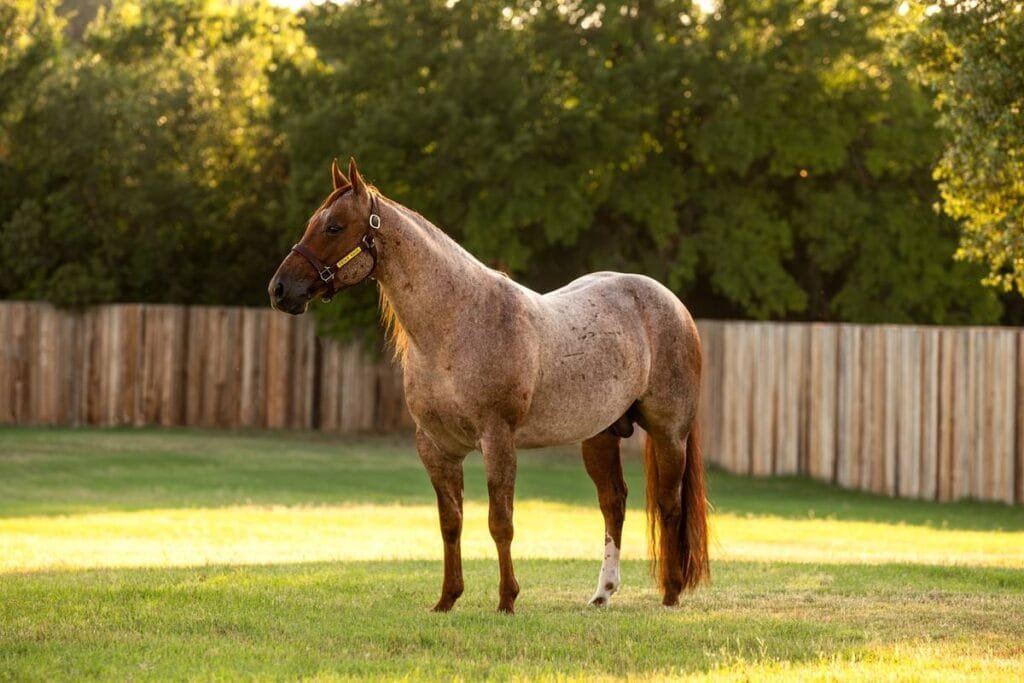breed has gained recognition for its agility, intelligence, and adaptability across different equestrian disciplines
History
The lineage of the Brazilian Sport Horse is rooted in strategic crossbreeding efforts aimed at creating a versatile athlete capable of excelling in both sport and leisure activities. Breeders in Brazil selectively crossed local breeds like the Mangalarga Marchador, a popular Brazilian saddle horse known for its smooth gait and endurance, with international breeds such as Thoroughbreds, Hanoverians, and Lusitanos. This blending of bloodlines sought to enhance traits like athleticism, temperament, and conformation, resulting in a horse that embodies the best of both worlds—strength and elegance
Feature details
| Feature | Details |
|---|---|
| Origin and Development | Developed in Brazil through crossbreeding local breeds with international ones. |
| Height | Typically 15 to 17 hands tall. |
| Coat Colors | Bay, chestnut, black; occasional gray or roan. |
| Physical Characteristics | Refined appearance with strong, muscular build. |
| Temperament | Intelligent, trainable, forms strong bonds. |
| Primary Uses | Excels in show jumping, dressage, eventing, endurance riding. |
| Versatility | Adaptable across various equestrian disciplines. |
| Cultural Significance | Celebrated in Brazil for promoting national horsemanship. |
| Conservation Efforts | Focus on maintaining genetic diversity and breed standards. |
Physical Characteristics
The Brazilian Sport Horse typically displays a refined appearance with a well-proportioned body, strong muscular structure, and expressive eyes. Standing between 15 to 17 hands tall, these horses exhibit a variety of coat colors, including bay, chestnut, black, and occasionally gray or roan. Their athletic build and balanced conformation contribute to their agility and performance prowess in competitive arenas.

Versatility in Equestrian Sports
One of the standout features of the Brazilian Sport Horse is its versatility in competitive equestrian sports. These horses excel in:
- Show Jumping: Their athleticism and jumping ability make them formidable competitors in show jumping events, where precision and agility are paramount.
- Dressage: Known for their smooth gaits and natural balance, Brazilian Sport Horses demonstrate elegance and grace in dressage competitions, performing intricate movements with finesse.
- Eventing: Their stamina, courage, and athleticism enable them to tackle the three phases of eventing—dressage, cross-country, and show jumping—with skill and determination.
- Endurance Riding: Influenced by their heritage with breeds like the Mangalarga Marchador, Brazilian Sport Horses exhibit endurance and resilience in long-distance riding disciplines.
Cultural Significance
Beyond their athletic abilities, Brazilian Sport Horses hold cultural significance in Brazil’s rich equestrian traditions. They are celebrated for their role in promoting Brazilian horsemanship and representing the country in international competitions. Their presence in local festivals, exhibitions, and parades underscores their importance in showcasing Brazil’s diverse equestrian heritage to the world.
Conservation and Future
As with many purpose-bred horses, the conservation of the Brazilian Sport Horse is a priority for breeders and enthusiasts alike. Efforts focus on maintaining genetic diversity, preserving breed standards, and promoting the breed’s unique qualities on a global stage. Educational programs and breed associations play crucial roles in raising awareness about the breed’s history, capabilities, and potential for future generations of equestrians.




